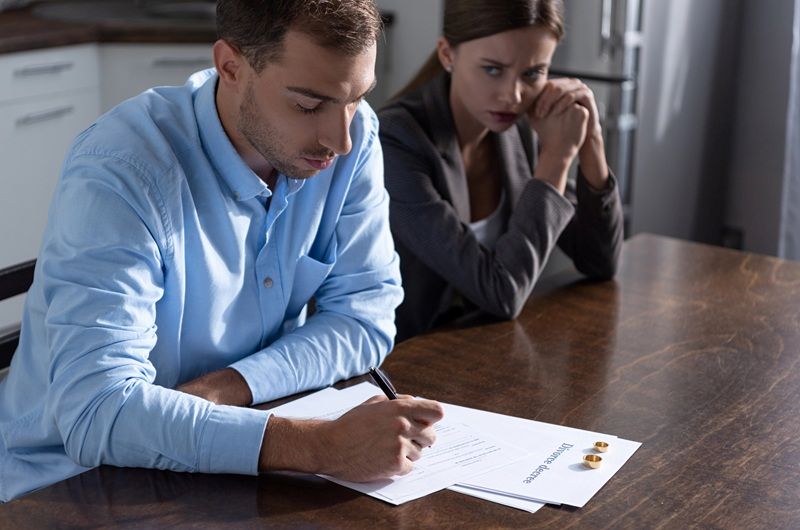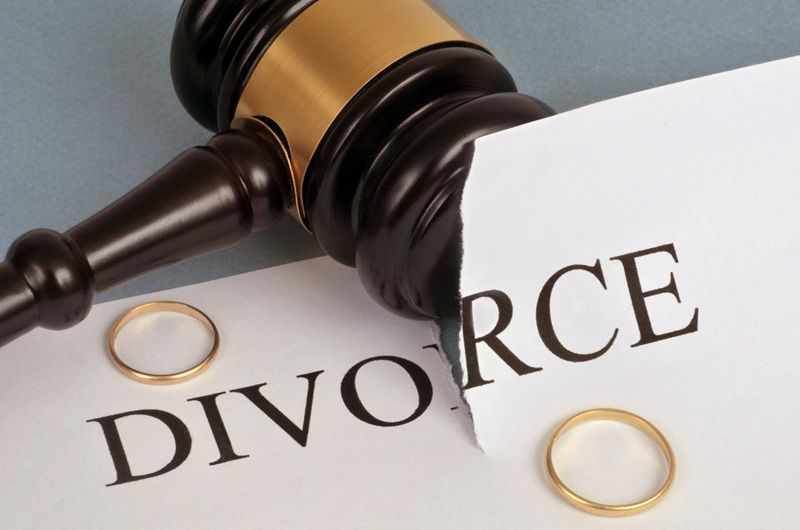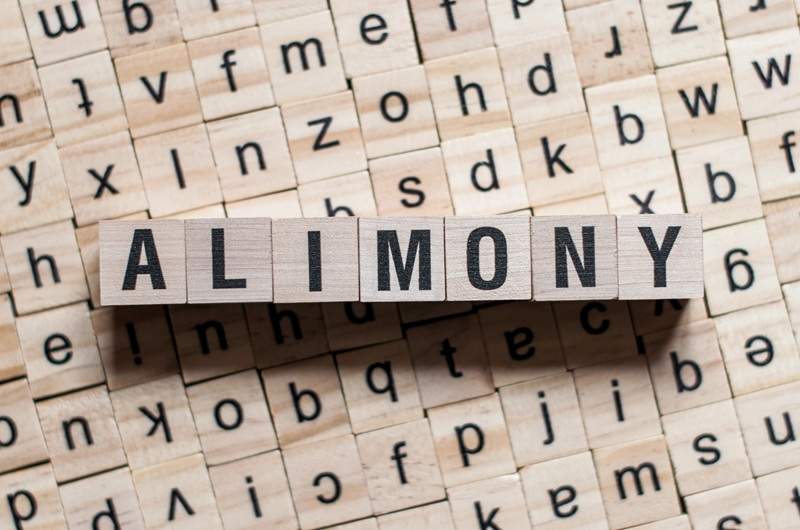Marijuana In Virginia
Marijuana In Virginia
On Monday, April 14th, Governor Martin O’Malley of Maryland signed a bill legalizing the use of medical marijuana. Maryland became the 21st state to follow this path. In addition, Gov. O’Malley signed into law the decriminalization of possession of marijuana. With close to half the states having some form of legalization, what are the effects on society?
No matter where you stand on the issue of marijuana, there will be consequences especially while states navigate the legality of the issue. Some people demonize with scare tactics and others promote to the point of irresponsibility. For instance, everyone can agree that smoking weed for teenagers and children is undeniably wrong. Most people would say “duh” to that; but by speaking so highly of it, many don’t realize the very real dangers. Recently, a Vine video went viral that seemingly showing a toddler smoking a joint while adults/caregivers laughed hysterically. http://foxnewsinsider.com/2014/04/14/viral-video-appears-show-toddler-smoking-pot This disturbing video was retweeted and revined thousands of times. Some people will always break the law as well as act without common sense and decency.
While the video is an anomaly, it does bring up some great questions. How will young people react to complete legalization? Hopefully, parents will be able to monitor their children, but we all know teenagers and wisdom don’t necessarily go hand in hand! What does a parent do when faced with a child who doesn’t make a good decision about this highly debated drug? Where does the state of Virginia stand on the issue of marijuana for teens?
Andrew Bray, an attorney, has helped parents who have found their children caught in the current political backlash.
Possession of Marijuana is illegal in Virginia. Several states have already, or are in the process of changing their laws concerning marijuana possession, distribution and usage. Virginia is not one of them.
In Virginia it is illegal to posses or distribute marijuana, and it can be a misdemeanor or felony depending on the circumstances:
Possession of Marijuana first offense (misdemeanor) – Up to 30 days in jail and up to a $500 fine.
Possession of Marijuana second offense (misdemeanor) – Up to 1 year in jail and up to a $2,500 fine.
Distribution of Marijuana less than one-half ounce (misdemeanor) – Up to 1 year in jail and up to a $2,500 fine.
Distribution of Marijuana more than one-half ounce (felony) – Imprisonment in jail from 1 – 10 years and up to a $2,500 fine.
In Virginia first time drug offenders are permitted a one time delayed disposition commonly referred to as a “251 disposition”. The 251 disposition is only allowed to be used one time, and effectively leads to a dismissal of the underlying drug charges if certain requirements are timely completed and restrictions are not violated. The requirements and restrictions include:
- Submitting to local probation
- Enrolling in substance abuse assessment, treatment and education services
- Remaining drug fee throughout the probation period
- Suspension of drivers license for a period of time
- Completing 24 hours of community service (misdemeanor) or 100 hours of community service (felony)
- Paying all costs associated with the above requirements, along with court costs
If all the above requirements and restrictions are successfully met, approximately one year after the entry of the 251 disposition the charges will be dismissed. This is also after reappearing in court and submitting documentation of completion to the judge.
The 251 disposition is not always the best option, even for first time offenders. If any of the above listed requirements are not met, or a restriction is violated the offender will immediately be convicted of the original drug charge. Additionally, drug charges that are dismissed after successful completion of the 251 disposition are NOT eligible for expungement, and future examination of an individual’s record will reveal underlying drug charges.
Consulting with an attorney experienced in dealing with marijuana cases is always the recommended course of action. Each marijuana case is different and unique, and the ultimate goal is to have the charges dismissed at the onset and to maintain a drug free record. The following are specific issues that a defense attorney may be able to raise in the defense of an accused in almost all marijuana cases:
- Evidentiary issues related to the lab analysis of the marijuana.
- Suppression issues when the accused is caught with marijuana but the police may have infringed on the accused’s Fourth Amendment rights through unlawful search or seizure.
- In possession cases the Commonwealth must be able to prove that the accused knowingly and intentionally possessed the marijuana beyond a reasonable doubt.
- In distribution cases the Commonwealth must be able to prove the intent to distribute the marijuana.
Here at The Irving Law Firm we have a wealth of experience in raising each of the above issues and also guiding an individual through a “251 disposition” from start to finish. If you have been convicted of a marijuana charge, please contact me at The Irving Law Firm. My colleagues or I will help to provide legal assistance, counsel and services to assist in handling your defense.




